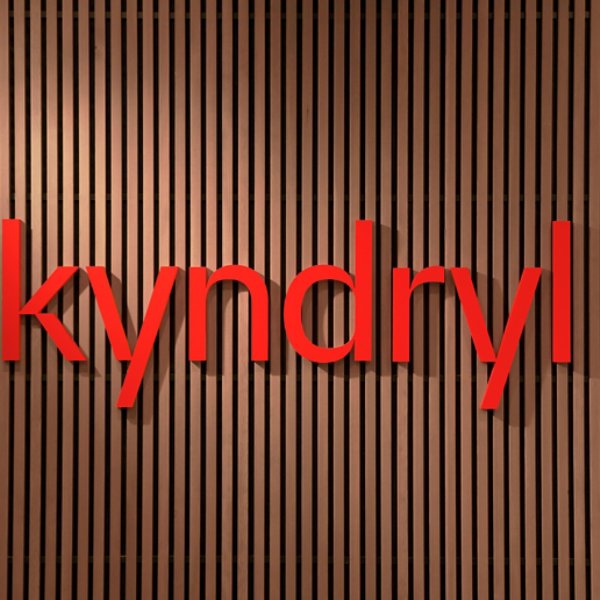John Shuman is recognized for his long history of technical leadership and innovation with customers and his work building a community program of mainframe architects. John is a published author and speaker in areas of storage, capacity planning, and hardware architecture for IBM Z systems. He was selected to be part of the inaugural class of Kyndryl Distinguished Engineers, leading innovators who are shaping the future of Kyndryl and driving change in the industry.
When someone asks, ‘what do you do for work?’ how do you respond?
You know, sometimes it’s not easy because it's such a technical job, but if somebody knows what a mainframe is then it’s a piece of cake. At the simplest level, I am a mainframe architect, and I have been for literally decades. A mainframe is basically a really, really big server, and through the years I've spent a lot of time trying to synthesize what it takes to manage a mainframe.
What is it like being a mainframe architect?
It’s a really interesting space, not least of all because mainframe technology remains a bulwark of the most important enterprises operating in the global economy today. It’s the safest, most reliable place for enterprises to store and manage their most mission-critical data. To that end, the demands on the abilities of the architects who manage these systems continue to evolve and expand.
In today’s setting, the powerful mainframes used by enterprises everywhere need their applications to be ever-more customized to exploit a bevy of new functions provided by the latest technologies. More than ever, we have lots of jobs that require this specific knowledge, but not a lot of people have that expertise.
Have you made addressing that disparity an element of your own work?
Yes, and it’s been one of the parts of my job that I’m most proud about. The idea took off because of conversations I was having with a few of my close colleagues, but basically I created a program called the Aspiring Architect Training program, which is a pipeline for developing mainframe architects where there really wasn’t one before. We have 100 people in it and we're training them in a very short period of time to be architects in the mainframe discipline.
This makes me think of another way in which Kyndryl is pretty neat in terms of skills building and education, and it has to do with the fact that we're really invested in people's careers. A perfect example of this is our internship program. It’s 12 weeks long and they're going to leave with a lot of knowledge around e technology processes and with certifications and badges. So, when they go back to their schools to finish up their final year, they're going to have a pretty substantial resume.
That sounds like a great opportunity for our interns.
From the perspective of an architect, it’s a great place to be because you get to see — and work on — the big picture projects. You get to interact directly with customers from across all sorts of sectors, proposing solutions to their biggest challenges. Kyndryl interns get the chance to really see and shape how the global economy works, and you can play a part in applying technology to make it run more smoothly and efficiently.
When you think on your career, what is one of the biggest changes you’ve seen?
So I started working as a mainframe systems programmer in 1985. Since then, probably the biggest change I’ve noticed is going from ‘green screens’ to cell phones that act as sophisticated computers, with the ability to collaborate and share online. It used to be a big deal to set up a meeting over video, and it required special equipment. Now we do it easily with the punch of a few buttons and opening Zoom or Webex.
How does it feel to be recognized as a Distinguished Engineer?
For starters, it’s a high honor and it’s something that feels very validating. It is also an amazing opportunity, because I can use this designation as a license to fix increasingly complex problems that were not in my scope before.
It also makes me think a lot about all the people in a person’s life that are critical to your own success. No matter who you are, you're going to make mistakes and you're going to have to figure out how to get out of them. At Kyndryl we depend heavily on collaboration and diversity. Everyone is encouraged to participate. I was fortunate to have excellent coaches in my pursuit of the DE appointment and I intend to return the favor to other deserving candidates.


